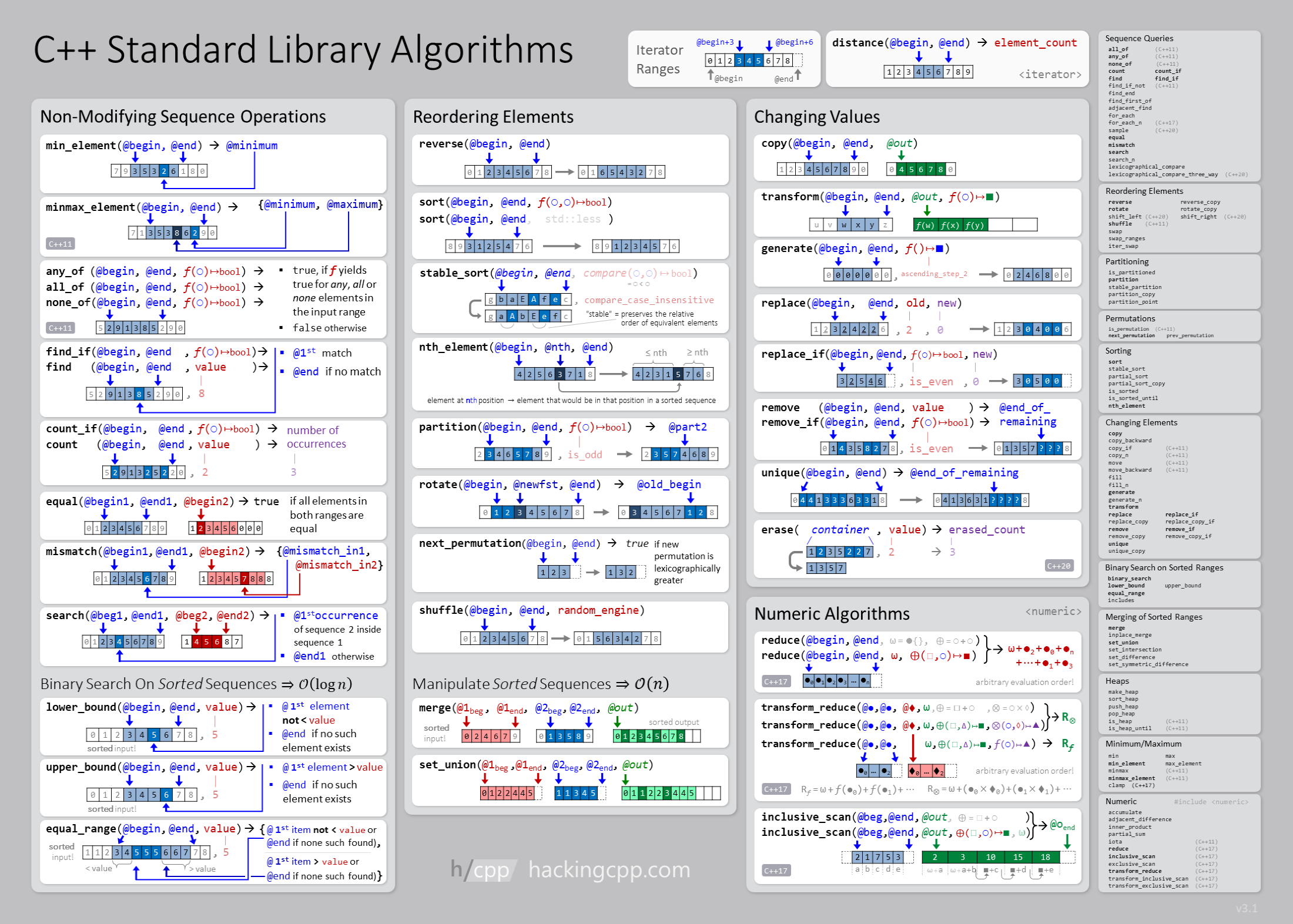Why not to use the STL?--Jeremy Ong
Why do you think?
Twitter thread
by Jeremy Ong
From the thread:
With all the discussion on the STL, I wanted to make a quick thread to summarize the main reasons why many AAA studios (correctly) opt out of the STL. This isn't to say the STL isn't for *anyone*, but the reasons to avoid using it aren't unfounded either...


